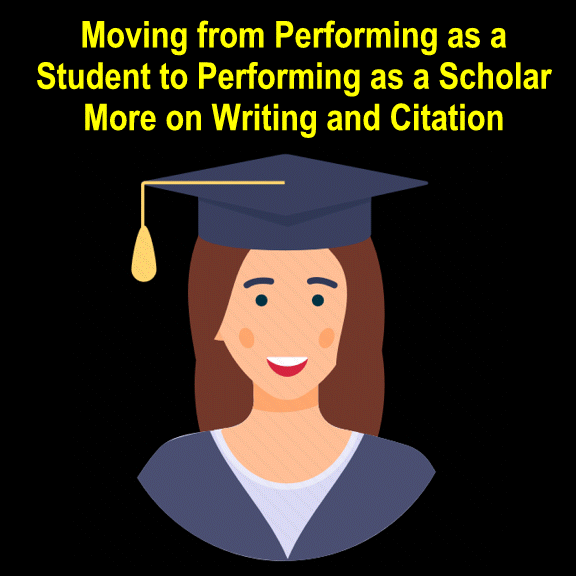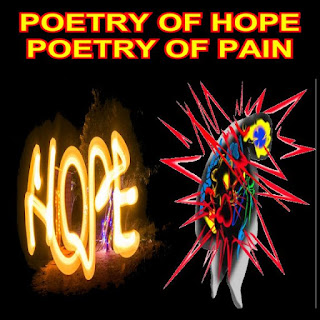As anticipated and predicted, my student evaluations of teaching (SET) included what has become a classic contradiction; in my first-year writing seminar, I received strong praise for my feedback and diligent support for students revising their writing along side a student who proclaimed that I provided no valuable feedback.
I typically share this recurring evidence that SETs are deeply flawed on social media, and I also reached out to students in my upper-level writing/research course since the SETs from that course had a much higher number of negative comments than is typical (again including contradictory responses about my feedback and support for revising).
Several comments on social media—including those by former high school students from decades ago and current colleagues—helped me work past the frustration of anonymous and misguided comments. In short, I want to stress that while SET data lack validity, student comments may offer more insight CONTINUE READING: Student Agency and Responsibilities when Learning to Write: More on the Failure of SETs – radical eyes for equity


































